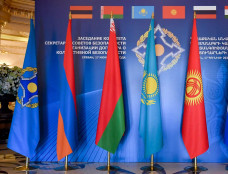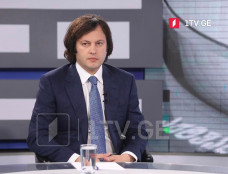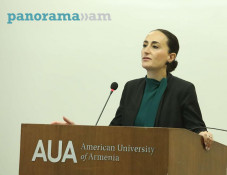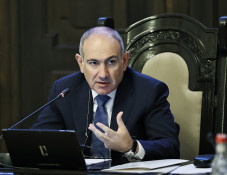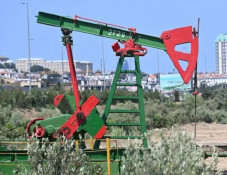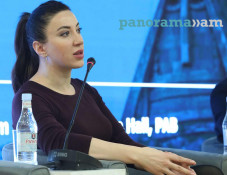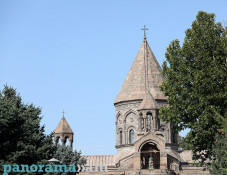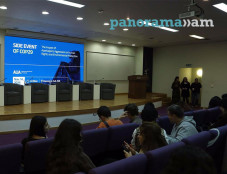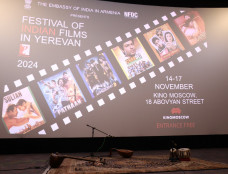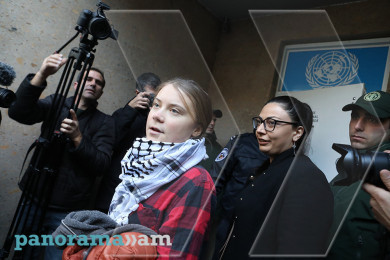
Expert says Azerbaijani men prohibit or limit Internet access of women in their families
Measuring Internet use in Azerbaijan, a big gap between men and women users can be observed with women having less access to the Net, Katy Pearce, assistant professor in the department of communication at the University of Washington, told Turan agency’s Washington D.C. correspondent.
“The question is why this gap exists. And I can tell you that the gap no longer exists in Armenia and Georgia like it does in Azerbaijan. So then the question is why aren’t women getting online in Azerbaijan?” Dr. Pearce said.
She highlighted that Azerbaijani men prohibit or limit women’s access to the Internet in their families. Her project research showed that, for Azerbaijani women, getting online is just another place that one has to be worried about her modest looking. They often find themselves in a position as if they did something that their families would not approve of, and that is trouble.
The expert noted that the numbers of people in Net the Azerbaijani government states are completely different from what the Caucasus Barometer, from the Word Bank data and other resources show. She said Facebook is a very helpful new data source in that sense, as it shows with some accuracy how many people in a particular country use it, which can be broken down by age, gender, etc.
“I use that tool to see how many Facebook users are in Azerbaijan -- again, it’s not perfect but far more accurate than what the regime is telling us. As of this year about 16 percent of all Azerbaijanis are on Facebook, according to the tool,” she said and added that the majority of those users are men.
The fact that women use the Internet less than the men in Azerbaijan is also because a lot of women do not work at a job. When sitting behind the computer at a job, one is going to be an Internet user. Therefore, in case of housewives, this is more difficult to do due to various factors, Pearce noted.
When asked about a recent accident at the monopolistic Delta Telecom company, which left the whole country without Internet exposing the national security to a real risk, Pearce said, “Last week’s incident opened eyes and exposed the fact that Delta Telecom is monopolistic – well, many knew this already, but I think, probably one of the major outcomes would be critics about Delta Telecom’s monopoly on Internet connectivity in the country. It wouldn’t be a problem if they had a redundant system.”
Earlier, Congressman Eliot Engel had said during a House Foreign Affairs Committee hearing on women’s access to technology in developing countries, that only 14 percent of women in Azerbaijan have ever been online, while 70 percent of men have access to the Internet.
According to Freedom House’s recent report Freedom on the Net 2015, only 29 percent of all households in Azerbaijan are connected to the mobile internet, and the average household in Azerbaijan’s lower income bracket (lowest 40 percent of the total population by income) needs to allocate 21 percent of their monthly disposable income to afford the cheapest mobile broadband package. In addition, over 80 percent of all landlines are concentrated in the urban areas, with 47 percent of all fixed landlines located in Baku. The government is authorised to instruct companies to cut internet service under very broadly defined circumstances, including war, emergency situations, and disasters. Despite the fact that over 30 ISPs operate in the country, the state-owned companies control over 56 percent of the market share.
An Internet outage occurred from 16 to 17 November and partly on 21 November across the whole territory of Azerbaijan. Practically, all of the Internet providers and mobile operators in Azerbaijan suffered from the total outage. The Ministry of Communications and High Technologies said the reason of the outage was a fire on the cables of the provider Delta Telecom in Baku. Reportedly, only the Bakcell operator's users could access mobile Internet.
Related news
- Total Internet outage in Azerbaijan paralyses bank, travel agencies and transport work in Baku
- Freedom on the Net 2015: Armenia among leading free internet countries, Azerbaijan’s repressions lead to self-censorship
Newsfeed
Videos








